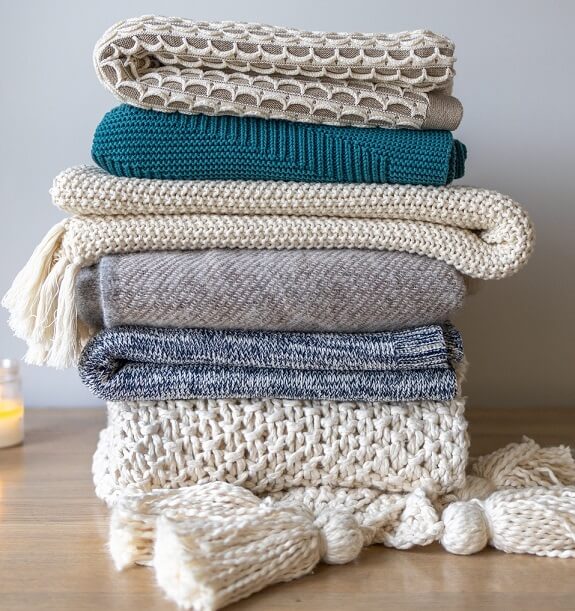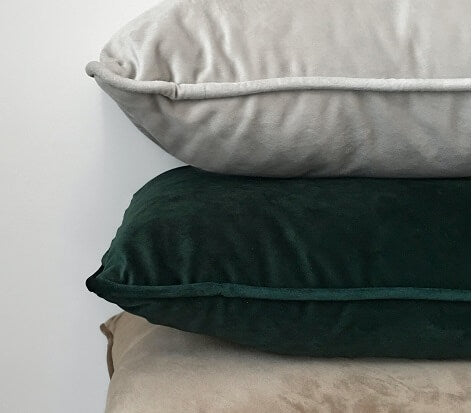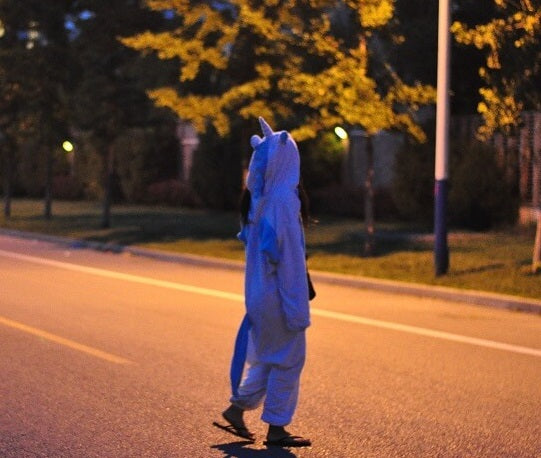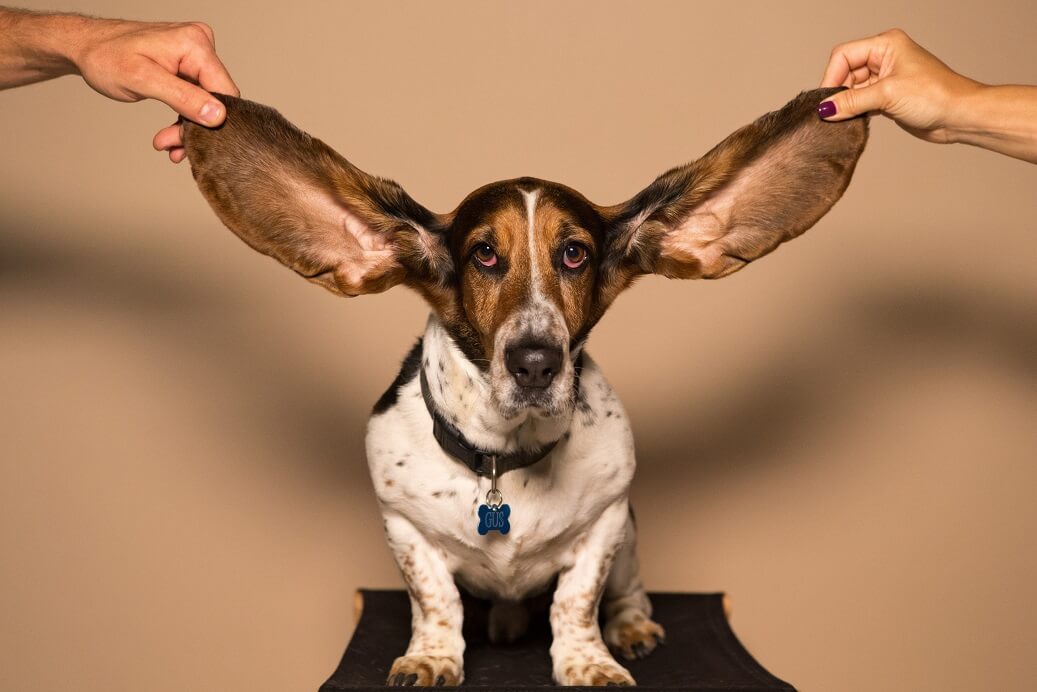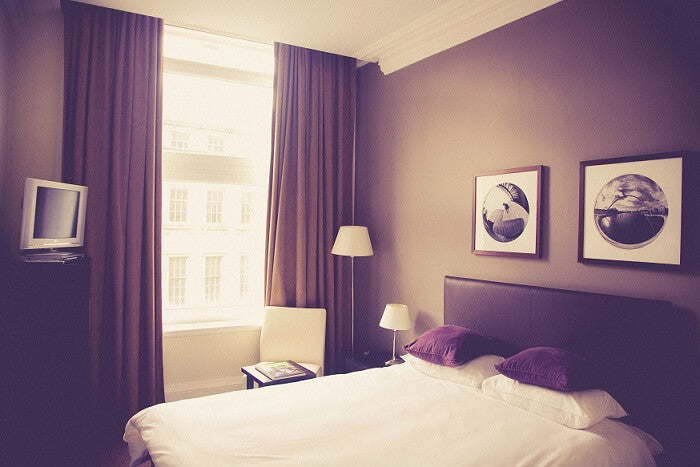We’ve all been there: You’re lying in bed at night, tossing and turning with insomnia, desperate to find a way to fall asleep. Sometimes the long-term solutions aren’t enough — you need something you can use right now, to help ease your anxiety and get your mind ready to drift off into dreamland. Luckily, you have plenty of options to choose from! These insomnia hacks can help you get back on track so you can start sleeping like a normal person again. Even better? Some of them are even proven to work! You can try these hacks when you suffer from altitude insomnia.

Follow a routine
We've all been there. It's late and you're trying to fall asleep, but your brain just won't stop racing. This can be a frustrating and exhausting experience, but luckily there are some things you can do. Here are five insomnia hacks that work for me and might work for you too!
Limit caffeine intake
Limit your caffeine intake, drink more water, and avoid alcohol. This will help you sleep better at night. Caffeine can take up to six hours for it to leave your system so limit consumption as close as possible to bedtime. Drinking plenty of water before bed is also recommended as dehydration can lead to sleeplessness. Lastly, try avoiding alcohol (no more than one glass) as it is a stimulant that actually worsens the quality of sleep.
Keep a sleep diary
Some people find it helpful to keep a sleep diary. Keeping track of when you're tired, how tired you feel, and what time of day this occurs can help determine when you should go to bed. The diary can also help you learn how much sleep is enough for your needs. If your sleep issues are related to anxiety, then writing down your worries before going to bed may be one way that helps relieve some stress and allows you to fall asleep more easily. A quick walk around the block or reading a book may also be useful in relaxing yourself enough so that falling asleep becomes easier.
Create a relaxing environment
Sometimes the hardest part of falling asleep is just getting into bed. That's why it helps to have a relaxing environment. Get rid of any screens and lights in your room, turn on the TV or listen to music if you want, but make sure it's soft enough that you can fall asleep easily. It can also help to have a specific time every night when you get ready for bed, such as reading for 30 minutes or doing deep breathing exercises before turning in.

Stretch or do relaxation exercises
- Take a warm bath or shower. The water will help you relax and the warmth will make it easier for you to fall asleep. 2. Use a relaxation technique like progressive muscle relaxation, deep breathing, or guided imagery. 3. Write down your worries on a piece of paper that's set aside for such purposes and then burn it in the fireplace or flush it down the toilet--this is called journaling and can be very calming because you know that when you're finished, all of your worries are gone forever (or at least until tomorrow). 4.
Avoid watching television or using electronic devices before bed
It's a common misconception that watching television or using electronics before bed is harmless. In fact, the opposite is true. These activities can lead to fragmented sleep and poor sleep quality which can make insomnia worse. Instead of using your TV as a sleep aid, try reading a book instead.

